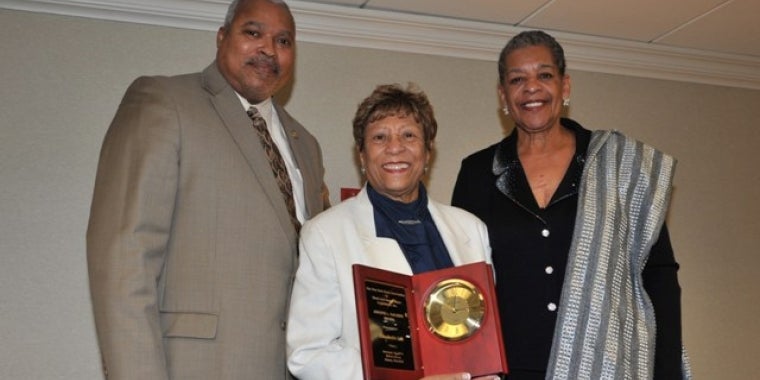
Senator Hassell-Thompson Recognizes December as Aids Awareness Month
Ruth Hassell-Thompson
December 1, 2009
-
ISSUE:
- Health
Not only is December a month filled with hope and expectations, and some typical holiday stress, but it is also AIDS Awareness Month. As a former nurse and health educator who worked with persons infected with or affected by HIV/AIDS, Senator Ruth Hassell-Thompson urges all New Yorkers to remember that AIDS is still a major health threat. Unfortunately, many cities are actually reporting spikes in new infections.
HIV infection, the virus that causes AIDS, is increasing in every part of the world. The Centers for Disease Control estimates that 56,300 new HIV infections occurred in the United States in 2006.
“New York is the center of the HIV/AIDS epidemic in the United States, and we must be leaders to the rest of the nation by providing the best education and innovative treatment services. HIV infection can be managed when detected early, so it is critical for individuals to be tested,” said Senator Hassell-Thompson. “Everyone has been touched, whether directly or indirectly, by someone living with HIV/AIDS.”
High-risk individuals should be tested as soon as possible, and can often do so for free at local health clinics.
You may be at increased risk for infection if you have
- injected drugs or steroids, during which equipment (such as needles, syringes, cotton, water) and blood were shared with others
- had sex, without using condoms, with multiple partners, anonymous partners, or with men who have sex with men
- exchanged sex for drugs or money
- been given a diagnosis of, or been treated for, hepatitis, tuberculosis (TB), or a sexually transmitted disease (STD) such as syphilis
- had unprotected sex with someone who has any of the risk factors listed above
Young people are at particular risk for HIV infection, especially ethnic and minority teenagers. African Americans have been disproportionately affected by HIV infection, accounting for 55% of all HIV infections reported among young people aged 13–24.
Senator Hassell-Thompson continued, “These statistics are particularly alarming and we must figure out how to better communicate with our youth. I am not sure if the problem is a lack of education nowadays or a false sense of security. As someone who has witnessed first-hand the ravages of AIDS on its early victims, I refuse to stand by and watch our youth suffer in today’s world.”
For those living with HIV/ AIDS, medical advances continue to improve the quality of life with counseling programs available across New York State. HIV prevention, outreach and education efforts continue to evolve, including programs on abstinence and on delaying the initiation of sex.
The United Nations Program on HIV/AIDS reports 33 million people worldwide are living with HIV, including two million children. In 2007 alone there were 2.7 million new HIV infections and two million AIDS related deaths.
To learn more about counseling and testing services available in New York, visit http://www.health.state.ny.us/diseases/aids/index.htm.
World AIDS Day commemorates those no longer with us and those who carry on the fight against AIDS today. More information on World AIDS Day is available at http://www.worldaidsday.org/.
###
Share this Article or Press Release
Newsroom
Go to Newsroom
